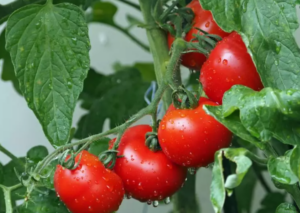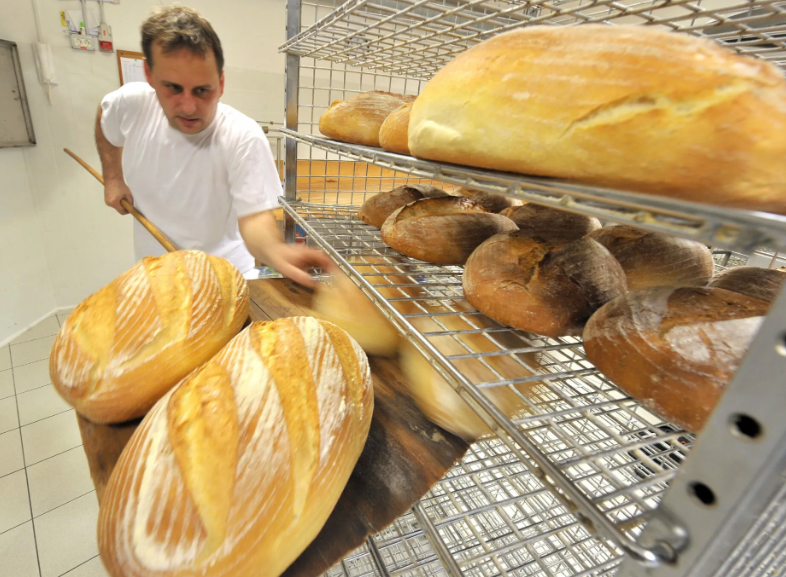Life has become so expensive under the government of Robert Golob that we are facing a complete erosion of the middle class. We have compared the prices of some basic necessities.
We chose bread, potatoes, tomatoes and laundry detergent as basic necessities to compare. That is to say, the basic ingredients that appear on the average Slovenian’s list of groceries, and washing detergent, which also represents a basic necessity in life. Finally, we wanted to know how much a cup of coffee, which is also indispensable in the life of the average Slovenian, has gone up in price.
Lately, it seems as if the public opinion is that price pressure is no longer part of the discourse, or that the problem has been solved and Slovenians can finally live the way we did before the current government took power. But what is the reality?
Prices compared to 2020 are shocking
While you had to pay around 3.99 euros per kilo for a kilo of tomatoes at Mercator in 2020, according to the newspaper Finance, last year (2024), the price jumped to a staggering 16 euros per kilo (3.29 euros for a 200-gram pack, which means 16.45 euros per kilo) due to inflation and the cost of production over a period of time, according to the media outlet Slovenske novice (Slovenian News).

According to Siol.net, a kilo of bread would have cost 2.42 euros in 2020, while Slovenske novice reported that the average price of bread in 2024 was 4 euros per kilo, which is an increase of 66 percent.
What about potatoes, the key ingredient of Slovenian cuisine? According to packaging plants and farmers’ cooperatives, the prices for 10-kilogram bags of potatoes were expected to be between 0.30 and 0.45 euros per kilo in 2020 and around 0.80 euros per kilo in 2023. Again, this is an increase of around 100 percent.
What about laundry detergent? Persil Power Gel in a 4.4 kg pack cost 14.99 euros in 2020 and 17.99 euros in 2024. Ariel Classic in a 4.5 kg pack has also gone up in price – from 15.99 euros to 18.99 euros. That means that we have to pay 2 to 3 euros more for a similar amount of laundry detergent.
And what about the price of a cup of coffee? The average price of an espresso in a bar was 1.15 euros in 2020 and 1.63 euros in 2024, while the price of a regular cup of coffee has jumped from 1.33 euros to 1.98 euros in the last four years. That is an increase of around 67 percent.

Inflation will be a permanent companion
For the past year or so, we have been hearing in the media that inflation is moderating and prices are stabilising. However, Slovenia is still above average, compared to other countries of the European Union, in terms of inflationary pressures, which is to be expected given the egalitarian, redistributive, tax-intensive policies of the Golob government. But we often forget that the record inflation we hit in 2022, 2023 and early 2024 leaves lasting consequences. Prices that have risen have become the new normal. They will never come down again – especially not in the Slovenian environment, which is very poor in terms of competition – both domestic and international.
That is also why today, we are looking across the border to Italy with envy, where certain products are twice as cheap as they are in Slovenia. Additionally, in Germany, for example, the DM chain, which is also present in Slovenia, sells certain products, such as toothpaste, mouthwash, deodorants and parchment paper, for up to twice as little as in the branches of the same store in Slovenia.
It is therefore important for people to understand that the actions of the Golob government, which have caused inflation, will stay with us forever.
M. I.


